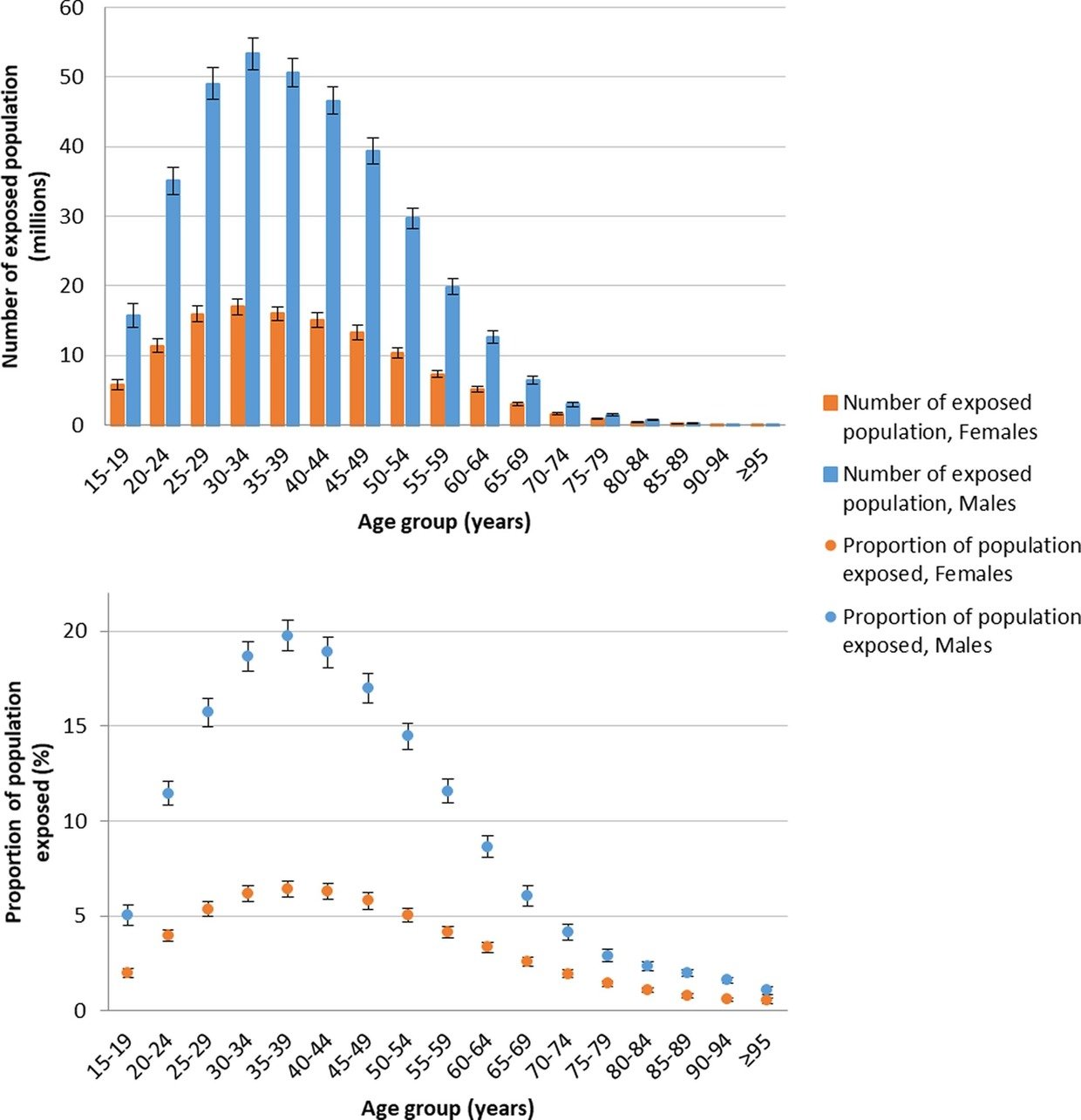Long working hours killing 745,000 people a year – research

A joint study by the World Health Organization (WHO) and the International Labour Organization (ILO) found that hundreds of thousands of people worldwide die every year as a result of long working hours.
The WHO and the ILO estimated that there were 745,000 deaths from stroke and ischemic heart disease in 2016, marking a 29% increase since 2000. Globally in 2016, 488 million people were exposed to long working hours (over 55 hours per week).
According to the research, 398,000 people died from stroke and 347,000 from heart disease in 2016 as a result of having worked at least 55 hours a week. Between 2000 and 2016, the number of deaths from heart disease due to working long hours increased by 42%, and from stroke by 19%.
“Most of the deaths recorded were among people dying aged 60-79 years, who had worked for 55 hours or more per week between the ages of 45 and 74 years,” the report said.

It concluded that working 55 or more hours per week is associated with an estimated 35% higher risk of a stroke and a 17% higher risk of dying from ischemic heart disease, compared to working 35-40 hours a week.
The study did not cover the period of the coronavirus pandemic, but according to WHO Director-General Dr. Tedros Adhanom Ghebreyesus, the pandemic “has significantly changed the way many people work.”
“Teleworking has become the norm in many industries, often blurring the boundaries between home and work. In addition, many businesses have been forced to scale back or shut down operations to save money, and people who are still on the payroll end up working longer hours,” he said.
“No job is worth the risk of stroke or heart disease. Governments, employers and workers need to work together to agree on limits to protect the health of workers,” Adhanom Ghebreyesus added.
For more stories on economy & finance visit RT's business section














